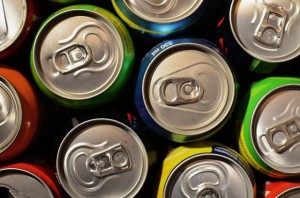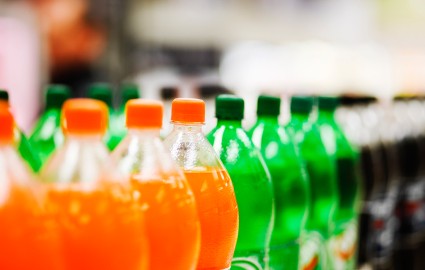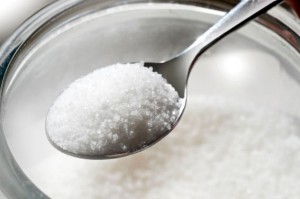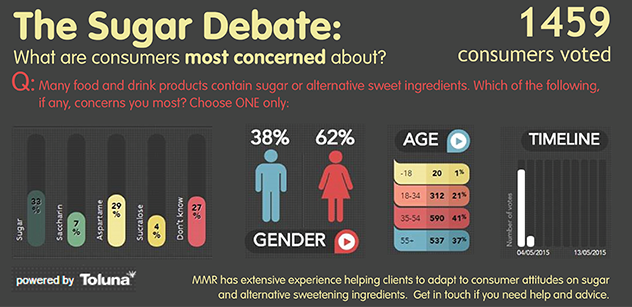 So it’s been a few weeks since Jamie’s launched his battle against sugar , and I’ve been waiting to hear the response and reaction from consumers, manufacturers, legislators, and frankly anyone! Interestingly, even though everyone is talking about in sugars in our foods and drinks, it hasn’t really been the storm I was expecting.
So it’s been a few weeks since Jamie’s launched his battle against sugar , and I’ve been waiting to hear the response and reaction from consumers, manufacturers, legislators, and frankly anyone! Interestingly, even though everyone is talking about in sugars in our foods and drinks, it hasn’t really been the storm I was expecting.
This got me thinking, whilst it is certainly a good idea to tackle how much sugar we all eat and drink, as Jamie showed the dental and general health implications could be huge. This in turn could reduce the strain on the NHS and have wider reaching benefits. Whilst his campaign message is undoubtedly very well intended, I have a few questions on his approach.
Firstly, would a 10p increase in drinks costing £2.45 in his restaurants really dissuade anyone from ordering a drink with added sugar, particularly when you consider other restaurants charge around £2.50 anyway? I realise this is just the start to his tax proposition however, other restaurants have appeared to be slow or reluctant to follow his lead, which is intriguing.
Whilst he backed up his manifesto with the observed reduction in fizzy drink consumption in Mexico following a one peso drinks tax, can we really compare these very different nations and use the same the approach to very different social status and sugar intake problems? He hardly mentioned the early stage results of the Mexican findings, nor discussed the difficulties observed during the introduction of France’s soft drink tax, which showed a far lower level of impact over a longer period of time, and is a nation with a closer socio-economic structure to the UK.
The final queries I have from Jamie’s sugar rush, were when Jamie outlined how much sugar we can easily consume in our diets (without even having fizzy drinks, desserts or sweets). When discussing a typical daily diet, Jamie found we could easily consume over five times the recommended level of sugar without a fizzy drink in sight, fundamentally questioning the point of focusing on a single food offering, rather than recommending balance and moderation. This got me thinking, if sugar is in a wide range of our foods and drinks already, what are the food and drinks industry doing to align with government recommendations? Are they doing anything to reduce sugar in their products already?
The food and drinks industry aren’t just standing idly by and increasing the sugar levels in their products, many of them are constantly striving to reduce sugar contents right under our noses! Using a small step reduction approach, which takes a small amount of sugar out of the product so that consumers won’t notice, they then wait until everyone has adjusted to the new sweetness level and do it again. This method has been used on reducing salt and sugar in products for years, however it does take time. Larger scale jumps can lead to consumers noticing a large difference and rejecting of the product (even if claimed on the label), which can severely damage consumer enjoyment, the product and even perception of the brand too. All of these are heavy costs to the food and drinks industry, and they are determined to products that taste good and consumers will like.
Alternatively, sweetening agents such as aspartame, sucralose and more recently stevia have also been included into products. These deliver sweetness without the diabetes and tooth decay issues associated with sugar, and are commonly used in diet drinks and as table top sweeteners. However, consumer perceptions of sweeteners are mixed, with some feeling these aren’t a natural source of sweetness and opting for sugar and honey alternatives, whilst others find these an option for low-calorie enjoyment of sweet products.
Jamie’s sugar rush has highlighted a key debate in the production of our foods and drinks, and the need to strike a balance between great tasting products and healthy lifestyle. I’m sure this debate will continue for the foreseeable future, and maybe Jamie’s efforts will be a slow burning reminder for the food and drinks industry to keep sugar near the top of their priorities.


